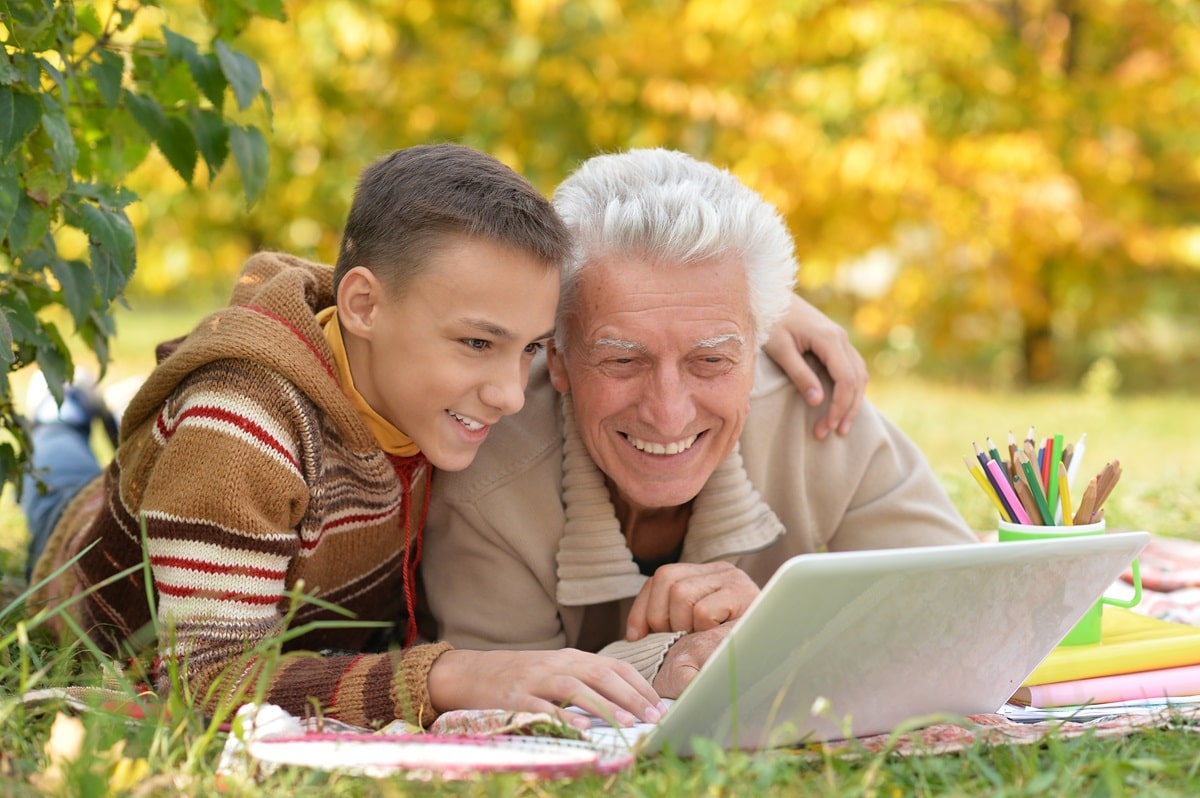Intergenerational learning is a methodological strategy that consists of people from different generations learning from each other. Each of them shares their skills, competencies, abilities, experiences and knowledge, giving rise to teaching through contact, observation and the exchange of ideas. It must be taken into account that it is not enough to bring together younger people with older people, but rather a process is necessary in which the way knowledge is acquired and the needs of both groups are analysed. For their part, the activities are periodic, thought-out and programmed, of a playful nature and aimed at achieving certain objectives. Likewise, reciprocity is important because the reversibility of the roles of teacher and learner offers an excellent opportunity to give rise to a bidirectional teaching-learning process with the advantages that this entails for each of the parties.
Benefits of intergenerational encounters
They help all age groups feel useful and therefore develop good self-esteem. For older people, younger people are an important stimulus that helps them to express themselves, to be interested in current events, to be attentive, active and happy. In the case of younger people, they expand their education in values since in a natural and fun way they meet people who, despite their difficulties, contribute a lot to them. In this way, they also feel that they can do things for themselves and become people committed to society. They develop skills aimed at ethical development and values that are essential in today's society: respect, tolerance, understanding, patience, gratitude, empathy, etc. As well as the need to appreciate older people as a source of experiences, knowledge and talents, all of which are of great value for learning. They are an important component to overcome possible intergenerational prejudices and promote understanding between different age groups. Einstein said: “You don't really understand something unless you are able to explain it to your grandmother.” This does not underestimate the understanding capacity of older people, but due to generational differences they may have more difficulties in understanding some terms and concepts; hence the need to adapt the way of explaining them. Today's society demands an education that promotes comprehensive learning for all equally, so schools must offer complete learning experiences, not only at an intellectual and cognitive level, but also in the social and emotional fields. Thus, educational centers have a key role in the formation of dialogic contexts, of participation and interdependence. We must not forget collaboration, inclusion and democratic coexistence with the aim of creating a more humanized society. And within all the open experiences that can be promoted, intergenerational learning is a great alternative.

